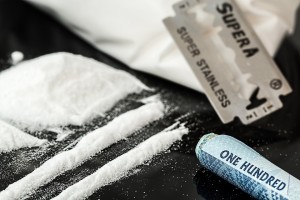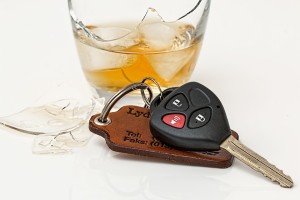 The Baltimore Police Department is warning motorists of the rising threat of armed carjackings presently occurring throughout the city. These incidents have taken place in record numbers in areas such as Homewood near John’s Hopkins and in the Brooklyn and Cherry Hill areas of south Baltimore. Most of the cases appear to be carried out by two or more individuals who initiate a minor fender bender on city streets. As the unsuspecting driver exits his or her car, one of the individuals from the accident-initiating car exits and confronts the driver. Many times the co-conspirators have used physical force to neutralize the driver before stealing his or her vehicle. Other times the robbers have used the threat of force such as brandishing a weapon to prevent the driver from resisting. Either way these incidents have caught the eye of city police officers, and have prompted the department to issue media warnings to motorists.
The Baltimore Police Department is warning motorists of the rising threat of armed carjackings presently occurring throughout the city. These incidents have taken place in record numbers in areas such as Homewood near John’s Hopkins and in the Brooklyn and Cherry Hill areas of south Baltimore. Most of the cases appear to be carried out by two or more individuals who initiate a minor fender bender on city streets. As the unsuspecting driver exits his or her car, one of the individuals from the accident-initiating car exits and confronts the driver. Many times the co-conspirators have used physical force to neutralize the driver before stealing his or her vehicle. Other times the robbers have used the threat of force such as brandishing a weapon to prevent the driver from resisting. Either way these incidents have caught the eye of city police officers, and have prompted the department to issue media warnings to motorists.
Police spokesmen have advised anyone involved in a minor traffic accident to stay in their vehicle with the doors locks and to call 911 immediately. The main message from police is that personal safety is far more important than properly exchanging insurance information for a claim. If handled correctly the thieves likely will either abort their criminal plan or flee the scene. Through the first four months of 2016 city law enforcement has documented 110 carjacking robberies compared to 75 during the first four months of last year. Standard automobile thefts are also up almost 20 percent so far this year, with 1,359 being reported as of April 30. The use of any type of physical force during the act of stealing a car will trigger charges for carjacking, which is a serious violent felony that carries a 30-year maximum jail sentence under section 3-405 of the Maryland Code. If a firearm is used the defendant faces an additional mandatory 5-year sentence. Just as in any robbery case, even the threat of force is enough to trigger a felony charge over a standard theft charge. This is true regardless of whether the culprit has the ability to actually carry out the threat, as all that matters is whether the victim reasonably believed the robber could follow through.
Advancements in anti theft technology in most new cars have resulted in a steady trend of decreasing automobile theft cases. In 2003 there were over 8,000 incidents, but in the last few years this number has been between 4,000 and 5,000. It appears that this year the number of car thefts will break 5,000 though, so hopefully this does not signal a shift in the recent trend. Motor vehicle theft falls under 7-105 of the Maryland Code, and is a felony with a 5-year maximum penalty.
 Criminal Defense Lawyer Blog
Criminal Defense Lawyer Blog









